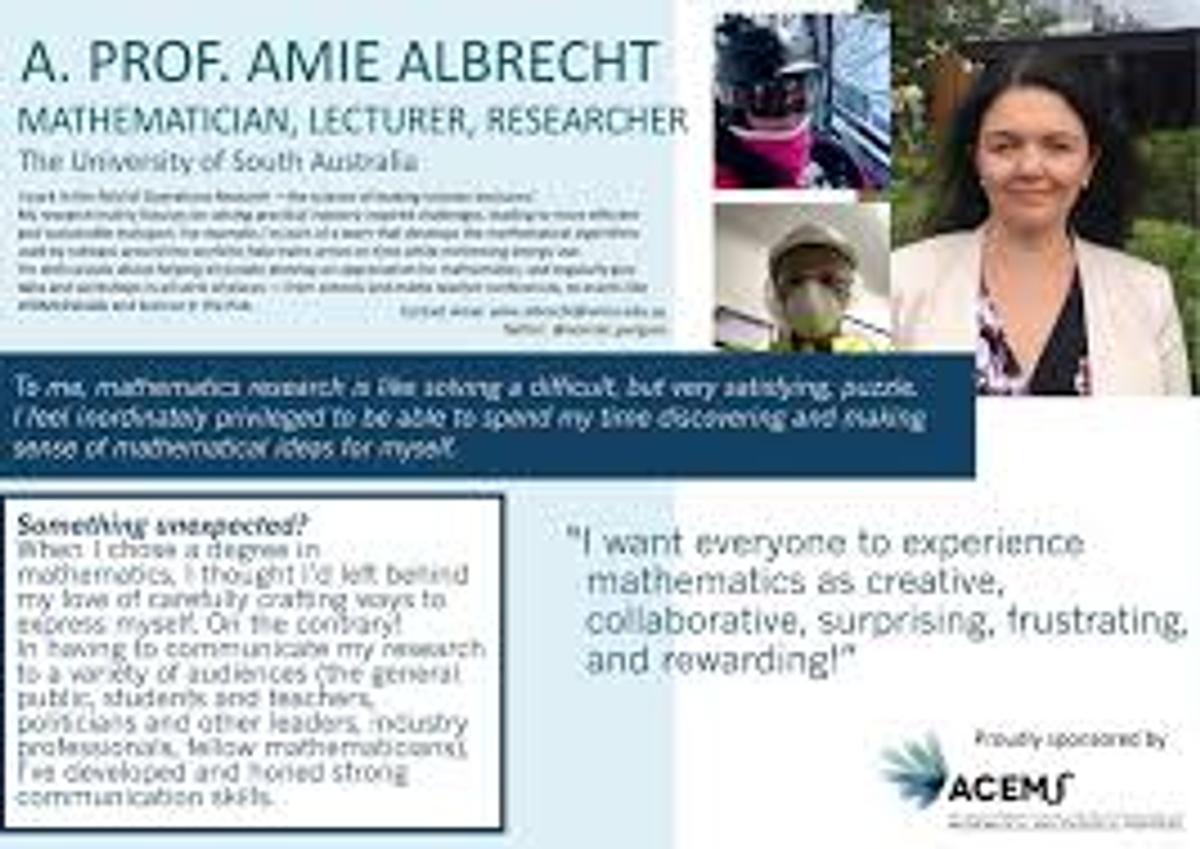Supporting Our Female Students Shine In Mathematics ✨
At St John’s, we believe that every child can be a successful mathematician. Research shows that confidence and encouragement play a big role in how well children—
especially female students—engage with mathematics.
There are some simple ways families can support their daughters at home: Supporting female students to perform well in Mathematics means addressing both mindset and learning opportunities. Here are some effective strategies:
1. Build a Positive Mindset
- Challenge stereotypes: Actively counter ideas like “boys are better at maths” by sharing examples of successful female mathematicians and scientists.
- Promote growth mindset: Emphasise that maths ability grows with effort and practice, not just “natural talent.”
- Normalise mistakes: Encourage children to see errors as part of learning, not as failure.
2. Provide Inclusive Teaching Practices
- Use relatable contexts: Design word problems and projects around topics relevant to girls’ interests and real-life applications.
- Encourage participation: Provide safe spaces for girls to ask questions and explain their reasoning.
- Group dynamics: Rotate roles in group tasks so girls have equal opportunities to lead, explain, and problem-solve.
3. Strengthen Confidence
- Celebrate successes: Acknowledge both effort and achievement publicly.
- Mentoring: Connect female students with female role models in maths-related
- careers (STEM pathways).
- Targeted support: Offer small-group tutoring or peer mentoring for students who need extra confidence in foundational skills.
4. Create Opportunities Beyond the Classroom
- Maths clubs & competitions: Encourage girls to join, and ensure supportive entry points for those who may be hesitant.
- Family involvement: Share tips with parents on how to support maths learning at home (avoiding language like “I was never good at maths”).
- STEM showcases: Highlight projects where children use maths creatively—in coding, robotics, design, or data analysis.
Together, we can encourage ALL students to say: “I can learn this – I just need to keep trying.”










